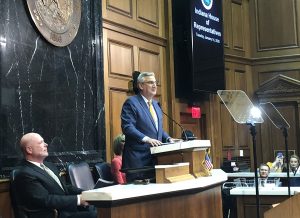Late sales rebound helps U.S. automakers avoid 2020 disaster
Sales of new vehicles in the U.S. fell 14.6% last year, but the 2020 performance was better than most forecasters had expected when the pandemic forced auto factories and many dealerships to shut down in April and May.



